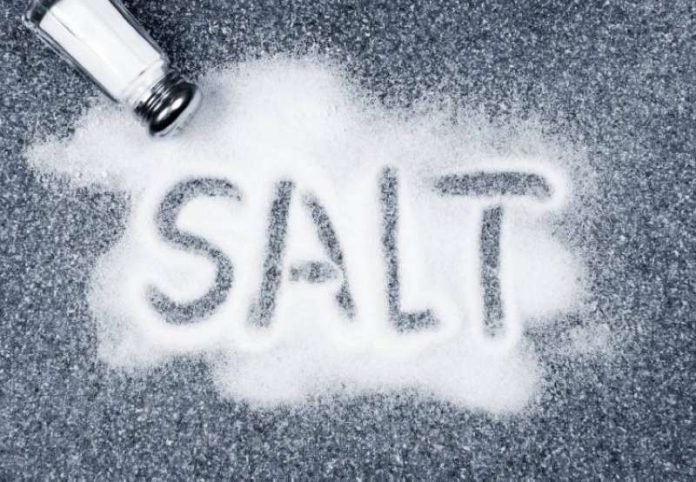The World Health Organization has warned that unhealthy diets are the leading cause of death and disease in the world, and that simple policies to reduce sodium consumption (the main component of salt) could save 7 million lives by 2030.
The Director-General of the World Health Organization (WHO), Tedros Adhanom Ghebreyesus, said that excessive sodium intake is one of the “main causes of disease,” according to the “United Nations” website.
A first-of-its-kind WHO global report on sodium reduction shows that the world is off track to meet its global target of reducing sodium consumption by 30 percent by 2025.
“This report shows that most countries have not yet adopted any mandatory policies to reduce sodium, leaving their people at risk of heart attack, stroke and other health problems,” Ghebreyesus said.
To reverse this trend, the World Health Organization is calling on all countries to implement plans to reduce sodium, and for manufacturers to set ambitious targets for reducing sodium in their products.
Salt is high in sodium and is now being consumed in excess all over the world. Sodium, an essential nutrient, increases the risk of heart disease, stroke and premature death when consumed in excess, according to the organization.
The global average consumption is estimated at 10.8 grams per day, more than double the WHO recommendation of less than 5 grams, or 1 teaspoon, per day.
A comprehensive approach to reducing sodium, according to the organization, includes the adoption of mandatory policies, including reformulating foods to contain less salt and establishing public food purchase policies to reduce foods rich in salt or sodium in institutions such as hospitals, schools and workplaces.
The World Health Organization recommends developing guidelines to help consumers choose products that contain less sodium.

















